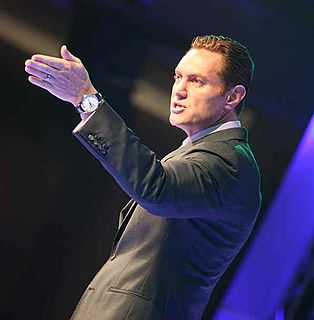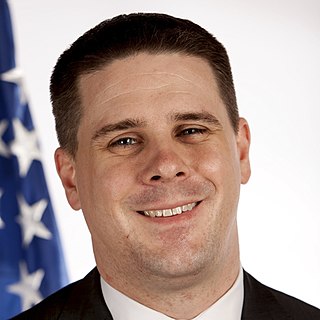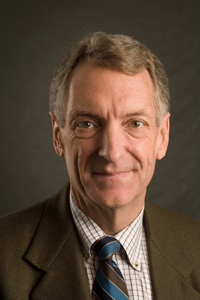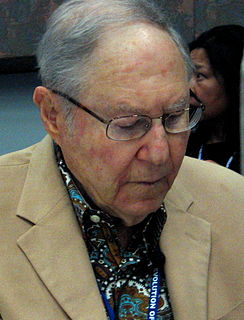A Quote by Dee Hock
It won't do away with hierarchy totally, but the principal leader will be the person who most exemplifies the kind of organization and behavior required who is best able to create the conditions such organizations require.
Related Quotes
We no longer have the public spheres available to be able to contest that violence. We don't see it in the mainstream media, we no longer see it in the schools. I mean, this endless criminalization, militarization, of every form of behavior, I mean, strikes me as one of the most dangerous and one of the most ever-growing threats to the United States, of which that speech exemplifies perfectly, and which [Donald] Trump exemplifies with the endless call for law and order.
One of the difficulties in bringing about change in an organization is that you must do so through the persons who have been most successful in that organization, no matter how faulty the system or the organization is. To such persons, you see, it is the best of all possible organizations, because look who was selected by it ad look who succeeded most in it. Yet, these are the very people through whom we must bring about improvements.
Building a police culture that reflects the professionalism of our best officers will require that we pay a decent wage. Treating every American as truly equal in the eyes of the law will require that we teach officers to understand different cultures and social conditions and to recognize the implicit biases we all carry.
While most of today's jobs do not require great intelligence, they do require greater frustration tolerance, personal discipline,organization, management, and interpersonal skills than were required two decades and more ago. These are precisely the skills that many of the young people who are staying in school today, as opposed to two decades ago, lack.
In any bureaucratic organization there will be two kinds of people: those who work to further the actual goals of the organization, and those who work for the organization itself. Examples in education would be teachers who work and sacrifice to teach children, vs. union representative who work to protect any teacher including the most incompetent. The Iron Law states that in all cases, the second type of person will always gain control of the organization, and will always write the rules under which the organization functions.



































